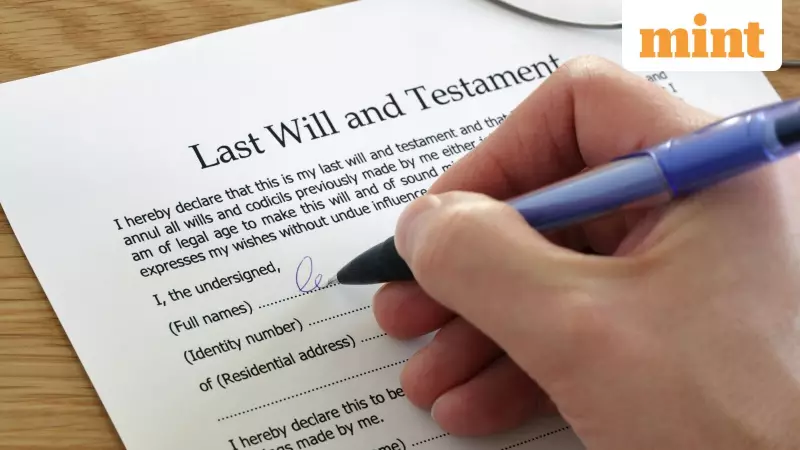
When you open a fixed deposit with any Indian bank, you're almost always asked to appoint a nominee. This creates a widespread misconception that the nominated person will automatically inherit the funds upon the depositor's death. However, the legal reality in India is far more complex and often surprises unsuspecting families.
The Critical Distinction Every Depositor Must Understand
There's a fundamental legal difference between a nominee and a legal heir that could determine whether your hard-earned savings reach your intended beneficiaries. A nominee is essentially a custodian or trustee who receives the funds temporarily, while the legal heir is the actual owner as determined by inheritance laws.
What Indian Banking Laws Actually Say
The Banking Regulation Act and various Supreme Court judgments have clarified that nominees don't automatically become owners of the deceased's deposits. Instead, they hold the funds "in trust" for the legal heirs. This means the nominee is legally obligated to transfer the money to those entitled under succession laws.
When Does This Become Problematic?
Conflicts typically arise in these common scenarios:
- When the nominee is different from the legal heir
- When multiple legal heirs exist but only one person is nominated
- When the depositor dies without a will (intestate)
- When family disputes emerge after the depositor's death
How Inheritance Laws Take Precedence
India's succession laws play the decisive role in determining who ultimately receives the FD proceeds:
- With a Valid Will: The executor distributes assets according to the deceased's wishes
- Without a Will: The applicable succession act (Hindu Succession Act, Indian Succession Act, etc.) determines the legal heirs
- Muslim Personal Law: Follows Shariat law principles for inheritance
The Power of a Proper Will
Creating a legally valid will is the most effective way to ensure your fixed deposits and other assets reach your intended beneficiaries. A properly executed will can override the default succession laws and prevent potential family conflicts.
Practical Steps for Depositors
- Always appoint a nominee for all bank accounts and FDs
- Create a clear, legally valid will specifying your wishes
- Ensure your nominee and legal heir are the same person if that's your intention
- Inform your family members about your financial arrangements
- Keep important documents accessible to trusted family members
Understanding this crucial distinction between nominees and legal heirs can save your family from lengthy legal battles and ensure your financial legacy is distributed according to your true wishes.





